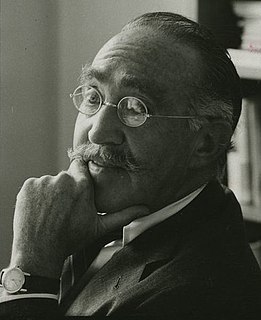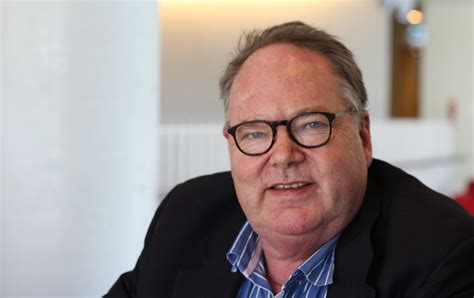A Quote by Eduard Hanslick
So long as we refuse to include lottery tickets among the symphonies, or medical bulletins among the overtures, we must refrain from treating the emotions as an aesthetic monopoly of music in general or a certain piece of music in particular.
Related Quotes
If we reject the word, or any word that labels music, what's left? That's the question we should all ask ourselves. Ben Ratliff asked it, and he came up with aesthetic categories. That's not what I would say. What's left are communities who make music together, or among whom music circulates. That's it.
Think the very fact that somebody like Mike Pence is seen as useful to the [Donald] Trump campaign would be analytically a sign of difficulty for him because, you know, the Republican Party over the last two decades has needed to include his support among women, among Latinos, among blacks, among young people, and among highly educated people.
Christian love is the only kind of love in which there is no rivalry, no jealousy. There is jealousy among the lovers of art; there is jealousy among the lovers of song; there is jealousy among the lovers of beauty. The glory of natural love is its monopoly, its power to say, 'It is mine. ' But the glory of Christian love is its refusal of monopoly.
A book, at the same time, also has to do with what I call a buzz in the head. It's a certain kind of music that I start hearing. It's the music of the language, but it's also the music of the story. I have to live with that music for a while before I can put any words on the page. I think that's because I have to get my body as much as my mind accustomed to the music of writing that particular book. It really is a mysterious feeling.
Perhaps 25 to 50 years from now, I can design a piece of music, no so that it appeals to something common in millions of people, but I can design the music so that it's exactly right for you and only you at this particular moment for your particular experience, things that have happened to you over 20 years, to you're particular mental state right now.






































